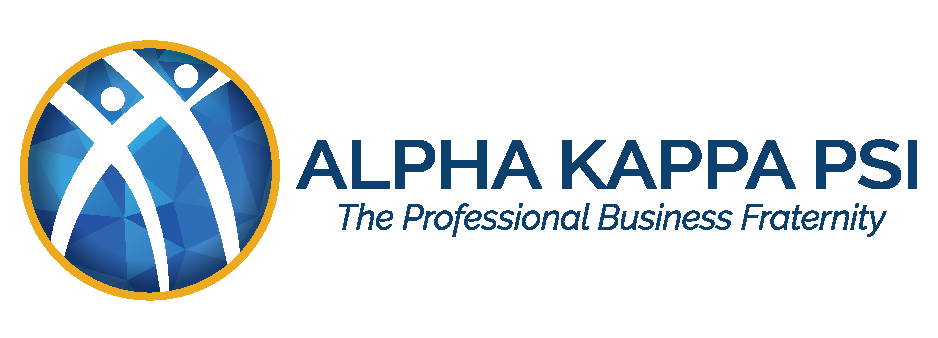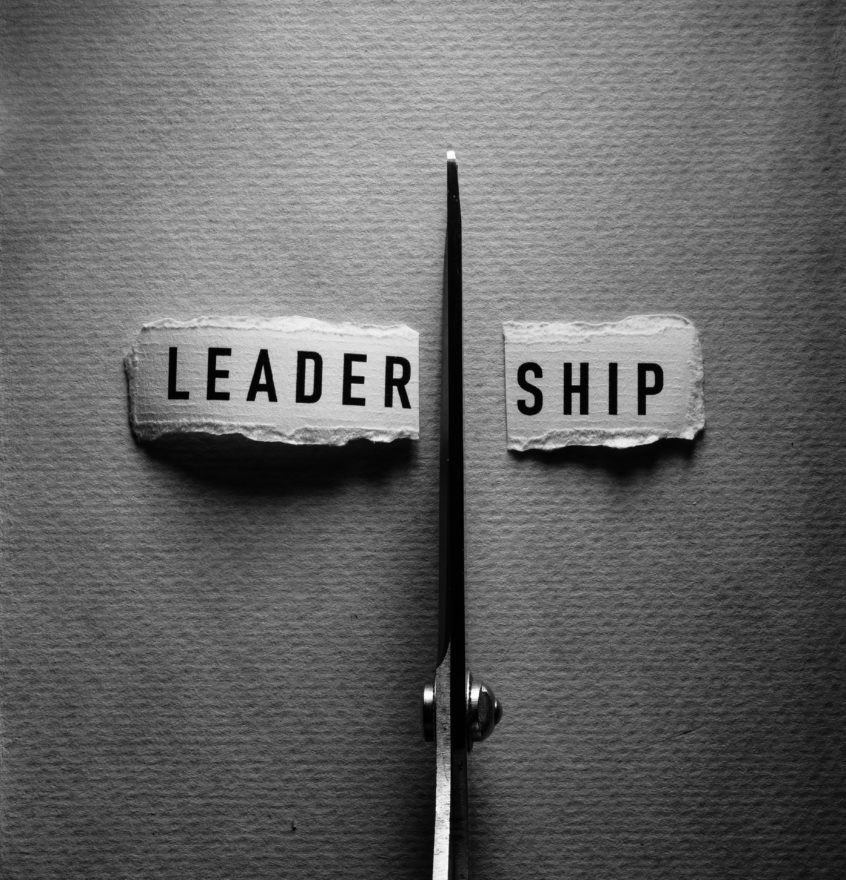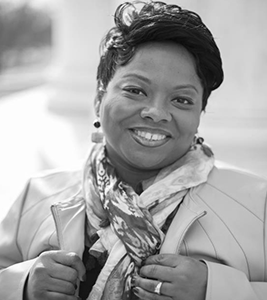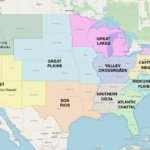Curiosity has always been one of humankind’s most defining characteristics. We strive to know the unknown, and will often go to great lengths to satisfy our most burning questions. While great thinkers of the past spent countless hours searching for answers, modern times have made it easier. Thanks to the internet, research is now a daily part of life, whether it’s to answer a medical question, get directions, locate resources for work, or read reviews of local businesses. With so much information out there, it’s also become difficult to know what good research looks like. What qualities and features should you exemplify when you’re fact-finding? Let’s dive into what turns general queries into good research.
Examples of Socially Responsible Companies
There are some companies that not only know what it means to be socially responsible but also try to be a shining beacon of social responsibility to the world. These companies know that the world is full of problems, and they aim to help. Here is a list of some companies trying to make the world a better place.
Socially Responsible Leadership Fails
The concept of socially responsible leadership is one that has become more prevalent in the corporate world. Papers like this one published in the Journal of Social Change have shown the importance of being responsible and caring, putting people over profit, and generally trying to leave the world a better place. However, there are still those corporations and businesses that just don’t seem to get it. Or, even worse, they’re not remotely interested in being responsible, instead choosing to mislead, lie, or manipulate employees or the greater public. We’ve compiled a list of three of the most egregious and embarrassing socially responsible leadership fails from the past 20 years.
Enron
In the early 2000s, few company stories rang louder or shocked more than Enron’s. The energy company was reaching unbelievable heights at the turn of the century. Following a merger in 1985 between Houston Natural Gas Company and InterNorth Incorporated, the company was led by Jeffrey Skilling. Under his reign, Enron soared above other businesses of its time. Its stock price reached $90.75 at its peak. The company was hailed for innovation when it opened Enron Online, which acted as a virtual trading site for its commodities. Enron even received acclaim as “America’s Most Innovative Company” by Fortune Magazine for six consecutive years. However, in 2001, it all came crashing down. It was revealed that Skilling and his cohorts had fooled officials, investors, and regulators by providing fake holdings. They engaged in off-the-books accounting practices. They even concealed enormous debt and toxic assets, and eventually, they were forced to declare bankruptcy. Socially conscious leaders hold honesty and transparency near to their hearts. Enron executive displayed a lack of care for their shareholders and employees.
Unilever
Though you may never have heard of them, Unilever is the seventh largest company in Europe according to the Economist. Additionally, they own over 400 brands, according to their company website. Its mission statement says, “Unilever has a simple but clear purpose – to make sustainable living commonplace.” Unfortunately, the truth lies far, far away from these words. In 2017, they were outed as touting horrendous labor policies. They caused injury to 600 workers due to mercury contamination from a faulty plant, as written about in Forbes. The company also was embroiled in a sexual assault scandal against African workers, first reported in the Irish Times. While Unilever may be publicly touting its commitment to sustainability, events such as these suggest otherwise. Socially conscious leadership is about providing secure employment and focusing on lessening the ecological footprint. Unilever’s missteps seem to be a direct contradiction from the company’s public comments.
Uber
The popular rideshare app was on the fast track to success until it received a litany of serious allegations in 2018. Reports of rampant discrimination against women and people of color, as well as sexual harassment and assault came pouring forth. Engineers within the company claimed they were held back from promotions due to systemic inequality. Additionally, many of Uber’s hired drivers are earning less than the minimum wage, and the company has been accused by the New York Times of using manipulative methods to increase the number of drivers on the road without raising labor costs. These allegations have proven to be more than substantive, resulting in major settlements and the exit of CEO Travis Kalanick. Creating such a negative, toxic work environment doesn’t ring true for socially conscious leadership. Instead, Uber should have provided its engineers and drivers with not only sustainable living, but safe conditions.
When we look at these companies’ failure to exemplify socially responsible leadership, what can we learn? It’s clear that when businesses try to fake ethics, it rarely goes well. Socially responsible leaders embody their politics and views, and always do their best to put people over profits. Though we aren’t all CEOs, we can still practice these habits in our everyday lives.
Understanding Your Bottom Line with Elizabeth Price
Job hunting and interviewing always will be a learning process, but we’re here to give you a leg up. Come listen to Elizabeth Price dish on all the secrets of interview success directly from her experience as a recruiter. Trust us, you don’t want to miss this one!
Elizabeth F. Price, is an accomplished HR & leadership professional with over 25 years of experience in the public and private sectors. She is responsible for implementing human resource management strategies that enable the team to recruit, train, and retain a high performing and motivated workforce. She is currently a talent acquisition specialist advisor for General Dynamics Information Technology supporting the Federal Civilian division. In her spare time, Elizabeth enjoys spending time with her husband, Mark, family, friends, volunteering in her community and with Alpha Kappa Psi.
Socially Responsible Leadership Checklist
At Alpha Kappa Psi, we’ve spent a lot of time thinking about socially responsible leadership and how to grow our members as responsible leaders. This means assuming a leadership role with the understanding that your decisions influence your teammates, your organization, and the greater community, sometimes with permanent impact. As we explored this concept, we put it into practice and documented our thoughts to keep ourselves on track and accountable. To share these insights with our brothers and the world beyond, below is a checklist for evaluating or developing socially responsible leadership, broken down by our three key practices.
Active Learner Checklist
Being a socially responsible leader starts with the willingness and effort to continuously grow in knowledge, skill, and competence. This is what we call an active learner.
How does completing this checklist make you a more socially responsible leader? By digging into the truth of each task, a leader can see beyond personal or systemic bias to act with integrity. Working backward from a desired outcome keeps socially responsible leaders and their teams focused on the greater goal, not the resources at hand to achieve it. And by being capable of applying past knowledge to current situations, you think critically about your own future and the possibilities.
__Explore volumes of data to sort out the truth from the noise when researching issues, objects, or courses of action.
__Seek to understand the difference between a cause of an issue or problem and a symptom of an issue or problem.
__When planning a project, start from your desired outcome and work backward.
__When evaluating your success or failure, don’t consider just the results, but also what you learned.
__When faced with a challenge or hurdle, explore various solutions by applying what you’ve learned in the past to your present situation.
Principled Decision Maker Checklist
Principled decision making is an integral part of socially responsible leadership. This isn’t just the process of gathering information and weighing possible outcomes of a decision, but also accepting responsibility for choosing a course of action.
This checklist encourages a socially responsible leader to be both organized and resilient. Documenting your process, information, and rationale means keeping track of how and why a decision was made. Being strong enough to assume responsibility for the outcome means that regardless of success or failure, the individual can still grow and learn from each decision.
__Evaluate the short- and long-term consequences of a decision with regard to family, the community, and the planet.
__Study opinions about the right and wrong of human conduct.
__Involve others in the decision-making process for a broader perspective on both the problem and opportunities to solve it.
__Document the circumstances that led to the need for a decision.
__Record the outcomes and identify what could have gone better to improve future decisions.
Change Agent Checklist
The final key practice of a socially responsible leader is to work as a change agent. This means assuming the role of driving growth by shaping the thoughts and actions of others.
Working as a change agent requires gratitude, emotional intelligence, and thoughtful and humble oral communication, potentially with people who are very different from yourself. Emotional intelligence is essential to navigate these encounters positively and learn something from each one. As you continue learning, you can change the world in a way that can help everyone.
__Practice active listening to absorb others’ perspectives and fully understand their needs.
__Build trust with others by engaging them in opportunities to learn along with you.
__Take steps to organize and develop your team’s written communication.
__Leverage social media respectfully to motivate others to act on community issues.
__Be sensitive to different cultural settings and listen before you give advice.
Let this checklist serve as a constant reminder of all the ways we can grow and improve as socially responsible leaders. Mastering the habits and traits on this list might be the work of a lifetime, but as you take it on step-by-step, we know you will find many rewards along the way.









